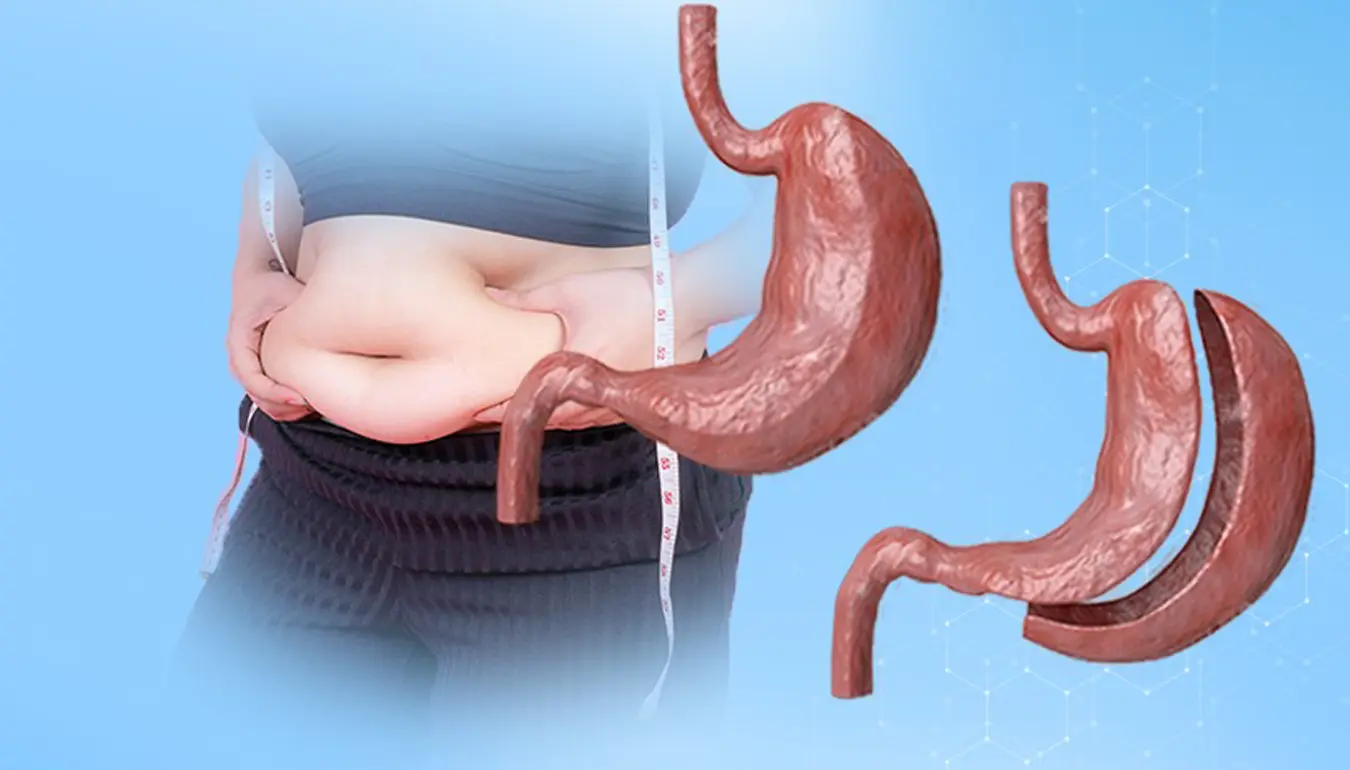Gastric sleeve surgery, also known as sleeve gastrectomy, is a popular bariatric procedure designed for weight loss. Here’s an overview of the procedure, its benefits, risks, and post-operative care:
Overview of Gastric Sleeve Surgery
- Procedure: The surgery involves removing approximately 75-85% of the stomach, leaving a tubular "sleeve" about the size and shape of a banana. This significant reduction in stomach size limits food intake and alters hormonal signals that regulate hunger, particularly by reducing the hormone ghrelin, which stimulates appetite.
- Technique: Typically performed laparoscopically, the surgery requires only small incisions, leading to less pain and quicker recovery compared to open surgery. The procedure usually lasts about 1 to 2 hours.
Candidate Requirements
- Eligibility: Gastric sleeve surgery is generally recommended for individuals with a Body Mass Index (BMI) of 40 or more, or those with a BMI of 35 or more who have obesity-related health issues such as diabetes or hypertension. Candidates must also demonstrate a commitment to lifestyle changes post-surgery.
Weight Loss Expectations
- Results: Patients can expect to lose about 60-70% of their excess weight within 12 to 18 months post-surgery. For example, someone who is 100 pounds overweight may lose around 60 pounds.
Health Benefits
- Improvements in Health Conditions: Many patients experience remission or significant improvement in obesity-related conditions such as type 2 diabetes, hypertension, sleep apnea, and joint pain following the surgery.
Post-Operative Care
- Dietary Changes: After surgery, patients start with a liquid diet for the first week, gradually transitioning to pureed foods for three weeks before returning to regular meals. Long-term dietary changes include consuming smaller portions and avoiding high-calorie foods.
- Nutritional Supplements: Lifelong vitamin and mineral supplementation is often necessary to prevent deficiencies due to reduced food intake and altered digestion.
Risks and Complications
- Potential Risks: While gastric sleeve surgery is generally safe, it carries risks such as infection, bleeding, leaks from the staple line, and long-term complications like gastroesophageal reflux disease (GERD) and nutritional deficiencies.
In conclusion, gastric sleeve surgery can be an effective solution for severe obesity but requires careful consideration of the associated risks and a commitment to lifestyle changes for successful long-term outcomes.


